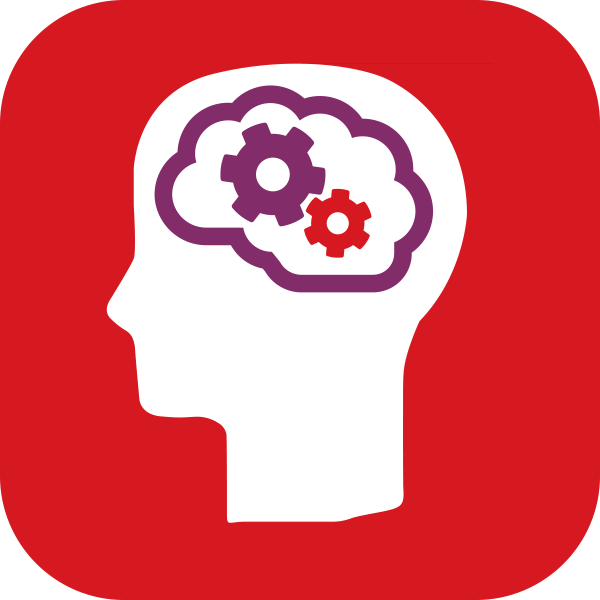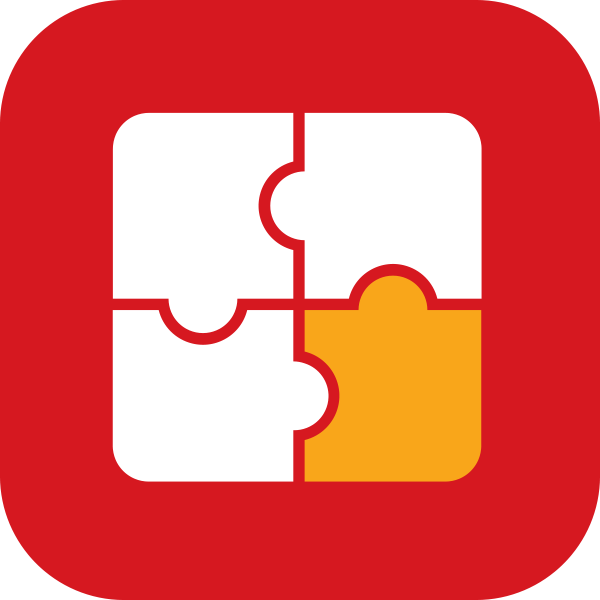“ ”
Demonstrating best progress
The school decided to run a pilot programme using three assessments from GL Education; the Cognitive Abilities Test (CAT4), Progress Test in Maths (PTM) and Progress Test in English (PTE). CAT4 assesses a pupil’s ability to reason using verbal, non-verbal, quantitative and spatial ability tasks, whereas the Progress Tests assess attainment of English and maths skills and concepts.
Derek continues: “I had previously used these assessments in the UK, and knew they were reliable. As we are located three hours outside Lagos, our internet access is limited so we thought we’d try paper-based assessment. We focused on Year 7 and Year 10, the first years of Junior and Senior secondary, so we would have a good benchmark for pupils starting their three-year journey with us.
In the first year, there were a few challenges. Returning papers to the UK for marking made the process slower than we would have liked. It was difficult to know how to distribute results to parents and, with no historical data, we knew we’d be unable to see what we were really looking for – were the children making progress?
However, what really gave us a lift was the response from parents. We gave them the full analysis report from CAT4 – with the exception of Key Stage 3 indicators, as we don’t use these levels – and it was very well received. Parents really appreciated the depth of detail and such clear information in a format they could easily understand.”
Challenging expectations
The extremely warm reception from parents spurred the school on to fully implement the programme from Year 7 to Year 11.
Derek explains: “We’d spent a year working on our internet and, although we are still not high-speed, we were able to move to online testing. We’re now using the results from CAT4 to set targets for IGCSE results and have also looked at expected grades data across each department and each year group. We also compare Year 7 standardised age scores from CAT4 with the Progress Test scores to benchmark the level of students entering our school.
Our primary driver is to track progress, so by combining results we can demonstrate that we are adding more value than an average school.”
“ ”

Reporting to parents and governors
The reaction from governors has been very good as they can clearly see how the school is progressing, while parents continue to be thrilled with the details of independent benchmarking.
“The CAT4 report lists best subjects first and provides expected grades,” Derek explains. “Parents very much like the individual summaries which give insight into learning profiles, strengths and areas for support. We’ve also found it a useful way of explaining to parents some things we do in school that aren’t always found in a traditional Nigerian education system, such as one student helping another.
With Year 9 parents, identifying strengths can be very useful for option choices, especially for students who are strong across the board. Some students have also told me it’s useful leverage with their parents if they want to study social sciences, rather than become doctors or lawyers.
We then sent a letter with the Progress Test results, including percentile rank and standardised age scores which, again, went down well. There were a small number of students whose scores went down – knowing this provides us with an opportunity to discuss what is happening with both the student and parents and to put interventions in place if necessary.”
Closing the triangle
Olashore then decided to trial the attitudinal survey, Pupil Attitudes to Self and School (PASS), which looks at nine factors proven to be linked to educational goals.
“As a boarding school, children live with us for up to 13 weeks without going home, so it’s important to know how they are responding. PASS gives a much deeper insight into how children feel about school than we can get from other sources, and it only takes 20 minutes.
For example, we saw that Year 7 girls had a low score in ‘response to the curriculum’, one of the measures from the PASS survey, so we are looking at what we can do. Do we need to make learning more relevant to work they have covered in primary schools perhaps? Or do we need to emphasize the future usefulness of what they are learning?
In these early days, I’m conscious that we are only scratching the surface of what we’ll eventually be able to gain, both academically and pastorally, from the information the assessments provide us. However, we’re already seeing an impact and this will only increase as time goes by.”
“ ”
The benefits of using GL assessments
The assessment data provided now enables the school to track progress for each year group, setting interventions and support across cohorts or departments as necessary. They can set realistic targets for external exams and benchmark both the school and their students on an international scale.
The data also empowers students to set targets for themselves, giving them an opportunity to manage their own progress and learning. The information provides a basis for students to consider option choices and career guidance, leading to better choices at Year 9.
And for different stakeholders there are benefits too. For example, for the board of governors, success can now be measured via independent benchmarking. And for parents, they now have been given additional confidence and evidence that the school is delivering the best possible education for their children.



